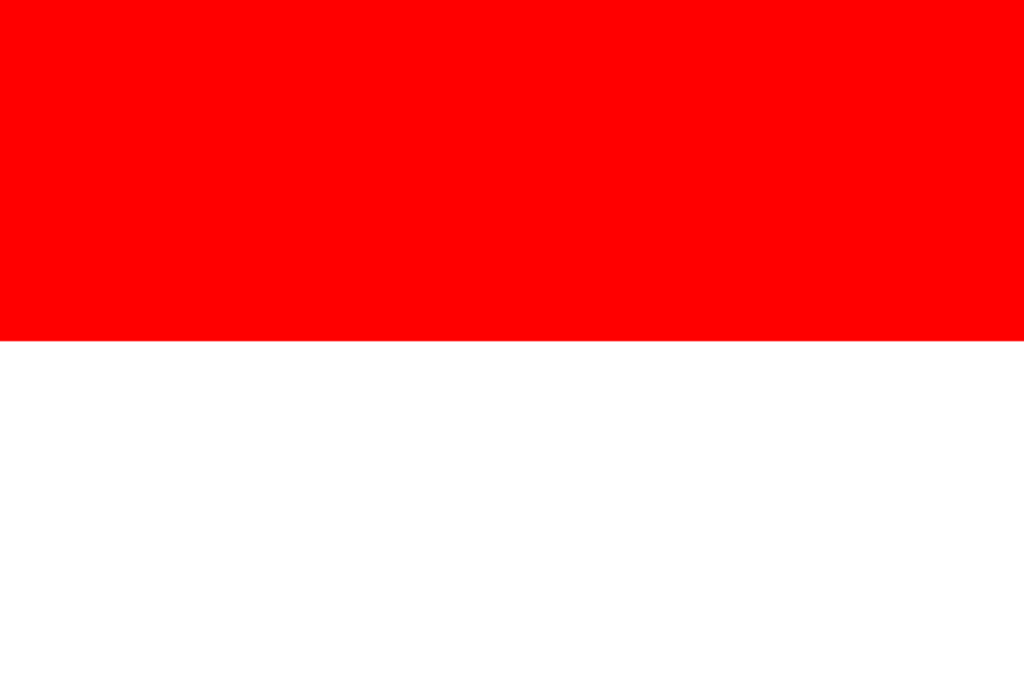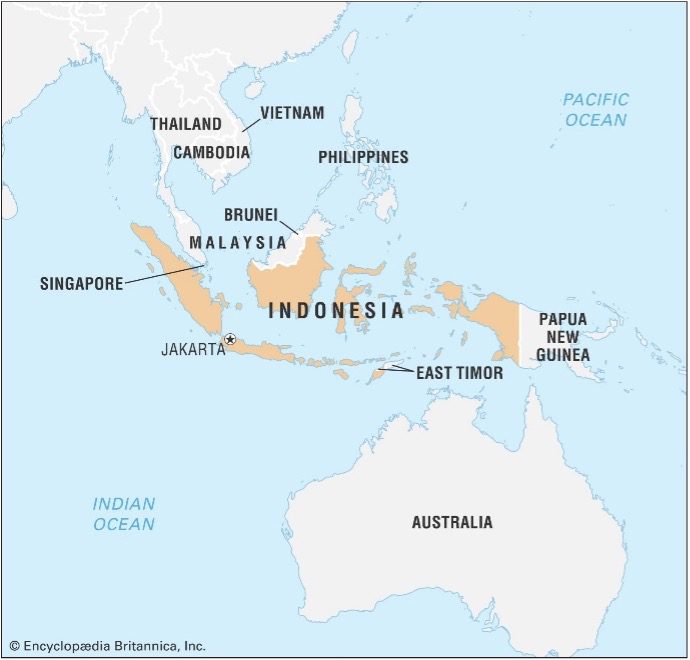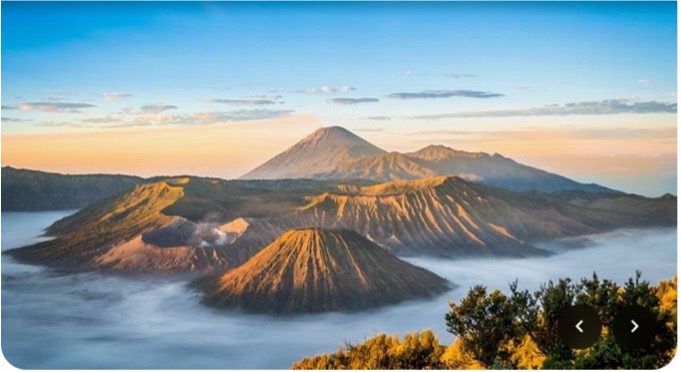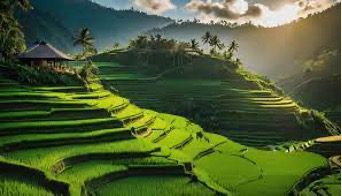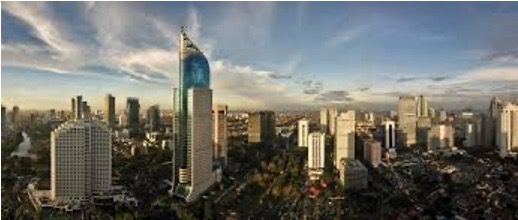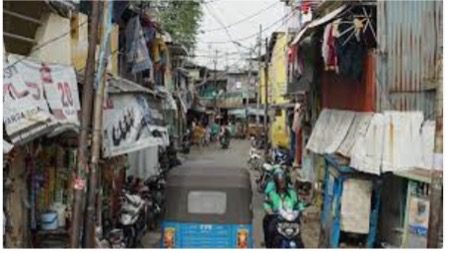PRAYERS FOR Indonesia
- Millions of Indonesians need a new place to live. Pray that Christians might show the love of Jesus to these displaced peoples.
- The “Transmigration Scheme”. Since Java and Bali are highly crowded, the government organized the relocation of over 8 million people to Sumatra, Kalimantan, Sulawesi, Papua, and West Papua where more space is available. Most of the people relocated were Muslim Javanese and Madurese. In places like Papua and West Papua, the indigenous people have become minorities within their own homelands, and some have called the process “slow motion genocide”. This flared into violent protests in Papua in 2019.
- Natural disasters. As a result of earthquakes, tsunamis, and floods, millions have become homeless or displaced and 200,000 have died in the last twenty years
- Community violence and religious persecution. More than 500,000 Christians from Maluku and central Sulawesi have suffered personal loss, bitter trauma, and loss of their ancestral homelands to Muslim groups. Although the violence has passed, these areas have shifted from the two religious populations living amidst one another to a separation that means there is much less interaction between Muslims and Christians – and therefore much less witness to Jesus for those who do not know him.
- Migrant workers. 400,000 legal migrants (and more illegal ones) seek work abroad. 80% are female, and they often work in people’s homes. Their loneliness can open their hearts to loving witness by Christians in other nations
- Pray that the Church continues to grow amidst the intense opposition and persecution. Pray for:
- Some areas have been Christian for centuries (in North Sulawesi, North Sumatra, West Timor, Maluku). Many denominations there lack spiritual life. They struggle with immorality, divisions, and even indigenous occult practices.
- More mature, spiritual leaders. The rapid growth of newer Pentecostal and charismatic churches created a need for discipleship and training for both lay leaders and pastors.
- New believers from a Muslim background, who often face rejection and persecution from their communities. They can also find it difficult to fit into Christian culture and churches. Pray for whole households to come to Christ, and to follow Christ within their own culture.
- Sumatra is the largest unevangelized island on earth. Most of its largest people groups are strongly Muslim. Others practise folk Islam. Many spiritual strongholds must be broken. Christianity is strong here among previously animist peoples (the Batak, Nias, Mentawai), and among the Chinese. The Batak people are successful and migrate all over Indonesia. But their ethnic pride, strong devotion to old customs, and frequent conflict with Sumatran Muslims all hinder their Christian witness. The Chinese live in most cities, and operate 60% of businesses. Pray for Christians to reach beyond their own ethnic groups and witness to the non-Christian peoples around them.
- Java is not the largest island, but it has the largest population. Praise God that the Church on Java continues to grow. Nearly 50% of Chinese-descent Indonesians and 5% of Javanese are Christian. The many religions of Java historically tolerated each other. But this has changed. Persecution now comes in the form of laws that prevent Christians from building, which sometimes results in the destruction of churches and Christian property. Christians of many traditions now draw together for prayer, worship, and mutual support. And the love among them attracts many Muslims to Christ, despite the persecution. Christian love for the needy and most vulnerable people in society has a powerful effect. This is a time of harvest!
- The unique culture and beauty of Bali attracts millions of tourists. Most bring a godless, self-seeking way of life. A few bring the gospel. Bali has 49,000 Hindu temples, as most Balinese practise a version of Hinduism. Occult, magic, and spiritism all influence the people. Balinese Christians are few. Converts to Christ often face persecution when they change their way of life. Bali needs the power of the gospel to set its people free. 1 million Balinese live on Sumatra, Sulawesi, and Lombok, and have more openness to the gospel in those places.
- The indigenous peoples of Kalimantan Islandspeak around 80 different languages and many dialects. Christians are a majority in many groups, and a sizeable minority in others. Christian leaders need training, but the isolation, spiritual opposition, and lack of indigenous Scriptures slow down development. Praise Godthat new models of Scripture translating and storying are accelerating this process significantly in many languages in Kalimantan.
- Sulawesi has over 110 people groups. Most coastal peoples are Muslim, and Christians are a majority in the northeast and the central highlands. Violent conflict between Muslims and Christians (1990s and 2000s) left over 1,000 people dead. Christians feel unfairly treated and harshly punished. Pray for a Christlike response. Bible translation is an enormous unfinished task. Pray for the less-reached Muslim Bugis, Makassar, and Gorontalo peoples. The Makassar are one of a few strongly Muslim groups to show some response to the gospel.
- The terrible violence and ethnic cleansing of 1999-2000 changed the Maluku Islands Rioters destroyed many churches and mosques. Over 20,000 Christians died. Christians and Muslims now mostly live in separate villages. This helps peace, but hinders outreach. Pray for healing for the many who suffered. Pray for Christians to love their Muslim neighbours. The Maluku Protestant Church was founded in 1605. It is Asia’s oldest Protestant denomination.
- Praise God for many people movements in West Papua(formerly Irian-Jaya) in the last 100 years. Over 90% of indigenous peoples are Christian! They face tribal conflict, political tensions, a mix of Christianity and animist practices, and oppression by others. Workers have located and contacted 100 less-reached smaller ethnic groups. Many need evangelism and church planting. Christian aviation is necessary in this land with few roads. Bible translation for the many small language groups remains an immense task. Possibly the biggest challenge is the unrest that has come as a result of millions of Indonesians from Java and Madura being resettled here. The indigenous Papuans are a minority in their own land, and feel like the national government is allowing them to be slowly wiped out.

